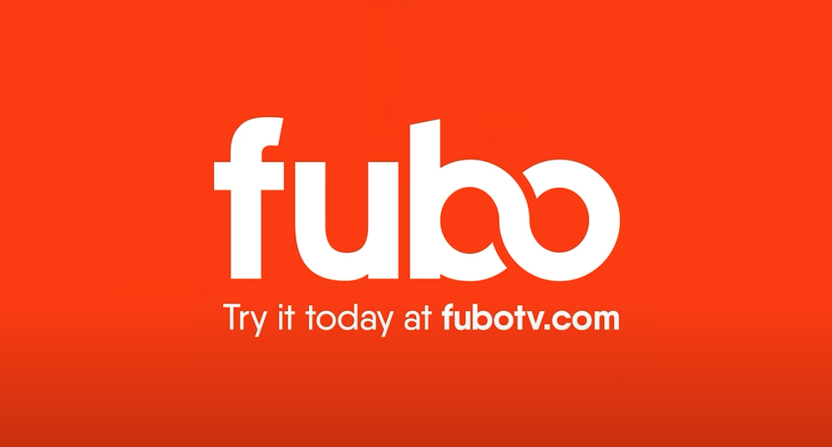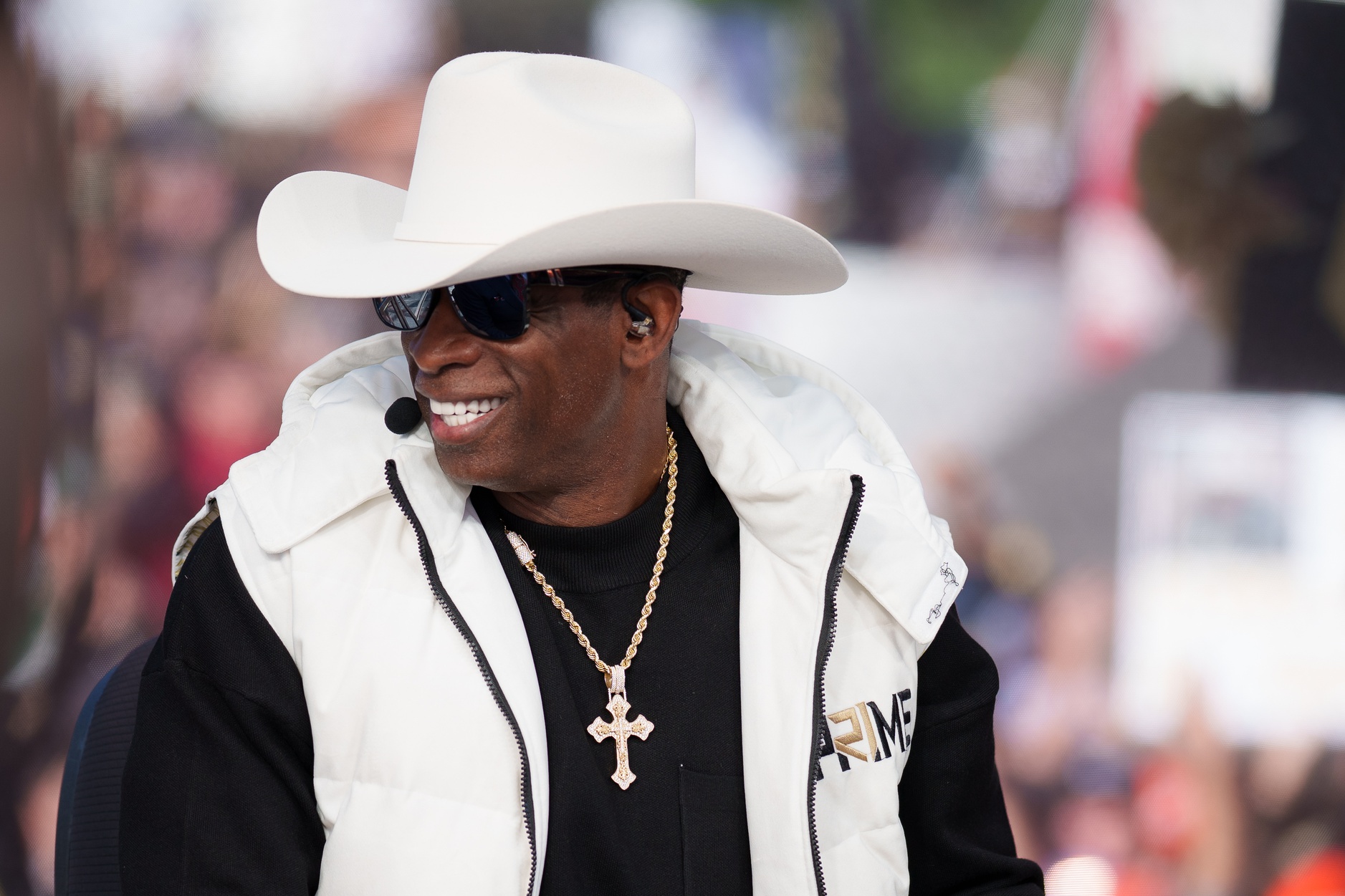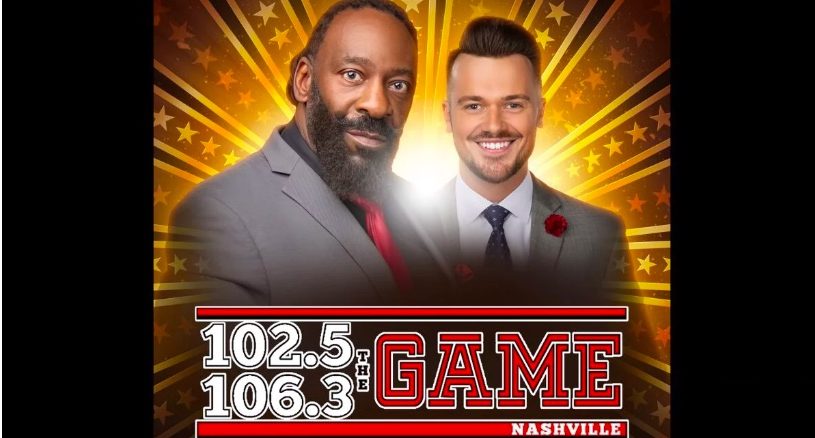Fubo has filed a lawsuit against Disney, Fox, and Warner Bros. Discovery related to the launch of a sports streaming joint venture.
Per the Wall Street Journal, Fubo’s suit alleges the companies “wouldn’t let Fubo carry a small bundle of sports-focused channels that they are now looking to include in the new service.”
The Fubo also claims the trio is wielding “their power over commercially critical sports content to force Fubo to broadcast unwanted, expensive content that prevents Fubo from offering the sports-centric package of channels that its customers want.”
While Fubo offers sports networks like ESPN and FS1, which will be included in the still-unnamed joint venture, it also provides non-sports networks owned by those companies, like Disney Channel and Fox News. The streaming company hasn’t carried TBS, TNT, or truTV since the summer of 2020. Dropping those networks came around the same time as Fubo adding Disney networks, like ESPN, for the first time that summer.
Fubo’s suit also claims the company is paying above-market rates by the companies and that the joint venture launch would “increase the media companies’ incentives” to not strike carriage deals with Fubo and other similar companies.
In the suit, Fubo also said it is being charged above-market prices, and said the creation of the sports streaming-service would increase the media companies’ incentives not to make their content available to Fubo and others.
“For decades, Defendants have leveraged their iron grip on sports content to extract billions of dollars in supra-competitive profits from distributors and consumers,” the suit said. “Defendants earned many of these profits by ‘bundling’ their commercially critical sports content with other, less desirable content—forcing sports fans to purchase channels they did not want.”
This lawsuit shows the increasingly complex world that carriers, both the traditional cable/satellite and newer streaming-centric and media companies, find themselves in. As Fubo has added more channels, its costs and prices have increased. A company like Fubo wants popular networks like ESPN but doesn’t also want to pay for less popular networks that don’t fit with its vision. Media companies like Disney wish to extract maximum value from carriers, especially if they plan on offering networks direct-to-consumer (DTC) at a higher cost. But if carriers don’t want to pay for the full bundle, the media companies aren’t obligated to offer networks piecemeal.
A statement from Fubo CEO David Gandler called the three companies a “sports cartel” and alleged they were “effectively stealing” Fubo’s strategy.
“Each of these companies has consistently engaged in anticompetitive practices that aim to monopolize the market, stifle any form of competition, create higher pricing for subscribers and cheat consumers from deserved choice. By joining together to exclusively reserve the rights to distribute a specialized live sports package, we believe these corporations are erecting insurmountable barriers that will effectively block any new competitors from entering the market. This strategy ensures that consumers desiring a dedicated sports channel lineup are left with no alternative but to subscribe to the Defendants’ joint venture.
“We have previously collaborated with each of these companies so that we could offer ‘must-have’ sports content to Fubo customers. For many years, they have challenged our business at every opportunity through pernicious practices. While other new competitors were prevented from entering the market, Fubo has continuously fought back. The Defendants’ unconscionable practices have impacted our ability to grow and have deprived consumers of a compelling and competitively-priced product.
“Simply put, this sports cartel blocked our playbook for many years and now they are effectively stealing it for themselves.
“Silence is no longer an option. The fact that live sporting events dominated television viewership in 2023, with 97 of the top 100 broadcasts, highlights the critical importance of sports in entertainment and the necessity for its broad dissemination. Reports that the Department of Justice intends to look into the joint venture are encouraging, and it evidences the potential negative and widespread impact this alliance will have.
“Fubo seeks equal treatment in terms of pricing and all relevant conditions from these media giants to ensure we can compete fairly for the benefit of consumers. Our customers deserve access to a competitively priced offering with innovative features designed by Fubo for an unparalleled sports viewing experience.”
In a sense, Fubo almost seems to be arguing against the cable bundle and DTC models. They don’t want to pay for the other networks in the bundle, and they don’t want the media companies to work together to offer specific networks outside the bundle.
[WSJ]







